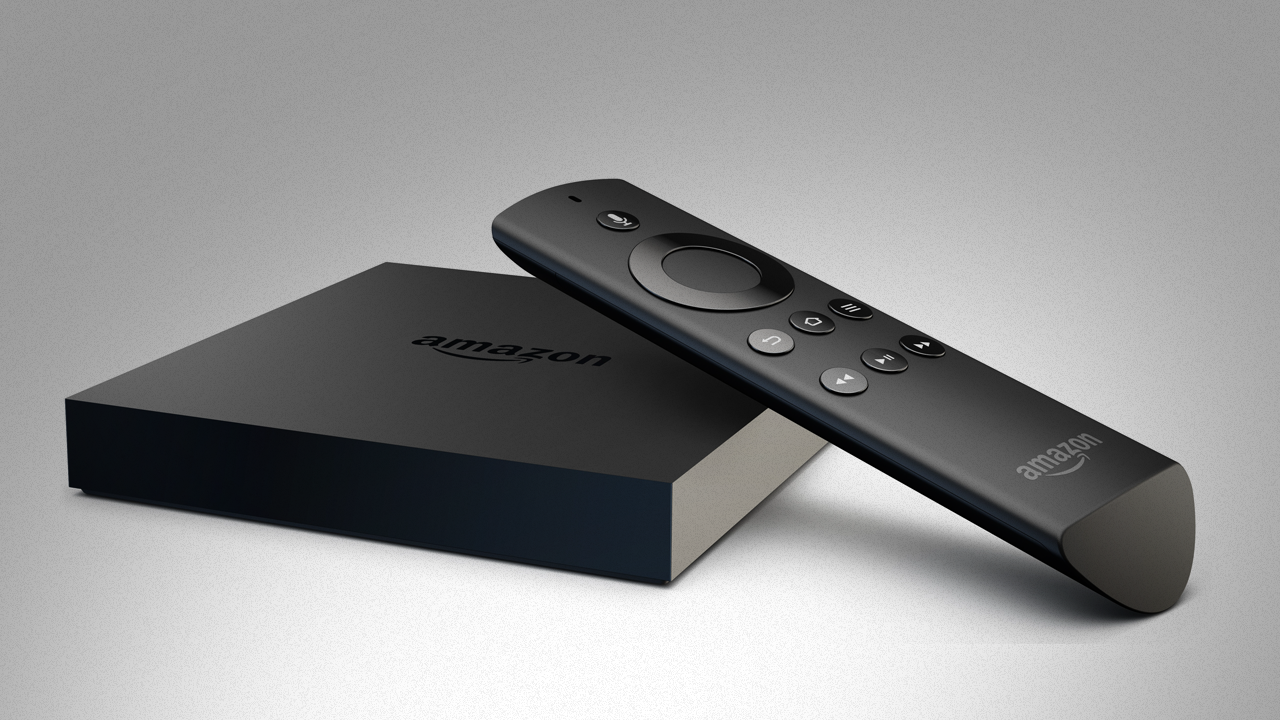Amazon shows Apple was right to buy Beats, but do you trust them with your music?
Song streaming's the future, so it's time to ask who calls the tune

Sign up for breaking news, reviews, opinion, top tech deals, and more.
You are now subscribed
Your newsletter sign-up was successful
As predicted, Amazon is launching a streaming music service into a market that already has eleventy-billion music streamers to choose from. Any doubts that Apple was right to buy Beats headphones should be evaporating: downloads are dying, and the songs of the future will be streamed.
That's bad news for the likes of Thom Yorke, who says that the money musicians get from streaming is pitiful - but it could be even worse news for music fans.
Fancy being held to ransom by Jeff Bezos or Sergey Brin?
Taking care of business
"Big businesses aren't nice" is hardly hold-the-front-page news, but even the most rapaciously capitalist corporations usually try to hide their nasty side from the general public.
That doesn't seem to be the case with Amazon any more: it's deliberately messing with book buyers over a dispute with the publisher Hachette, and it's currently refusing to accept pre-orders for films such as The Lego Movie because it's in a huff with Warner Bros.
That's big, because Amazon now seems willing to inconvenience its customers if that's what it takes to win business battles.
The issue isn't that Amazon is bad and its rivals good - they're big firms too, and if you told me that record label executives spend their days kicking puppies or that a publishing house was fitting anti-homeless spikes to the pavement outside its head office I wouldn't be surprised. The issue is that their disputes could end up affecting you.
Sign up for breaking news, reviews, opinion, top tech deals, and more.
If music is something you stream, data you rent rather than items you own, then you can't be sure that it will be there when you want it - or that it'll even come to the service you subscribe to.
Sounding a sour note
Streaming services promise all the music for little or no money, but as we've already seen with video the catalogues aren't set in stone: titles are routinely delisted when rights expire or when the services' priorities change, and studios often refuse to license their content or ink deals that keep their films exclusive to a single service.
That happens with music too. We've already had high-profile Spotify refuseniks such as the aforementioned Radiohead frontman, and now that Dre and Iovine are part of Apple you can be sure you'll be seeing a lot more iTunes Exclusives in the future. But what's worrying me isn't the odd exclusive. It's the prospect of streaming firms refusing to carry particular artists' (or more likely, labels') products if they don't do what the streaming service says.
I think it's case of when that happens, not if, because Amazon isn't the only firm willing to play hardball. Google's doing it too. According to indie label network WIN (the Worldwide Independent Network), Google is "directly attempting to strong-arm [labels] into non-negotiable contracts" for its incoming music service "with the threat of being removed from YouTube". Nice fanbase you've got there, Google appears to be saying. Shame if something happened to it.

Contributor
Writer, broadcaster, musician and kitchen gadget obsessive Carrie Marshall has been writing about tech since 1998, contributing sage advice and odd opinions to all kinds of magazines and websites as well as writing more than twenty books. Her latest, a love letter to music titled Small Town Joy, is on sale now. She is the singer in spectacularly obscure Glaswegian rock band Unquiet Mind.